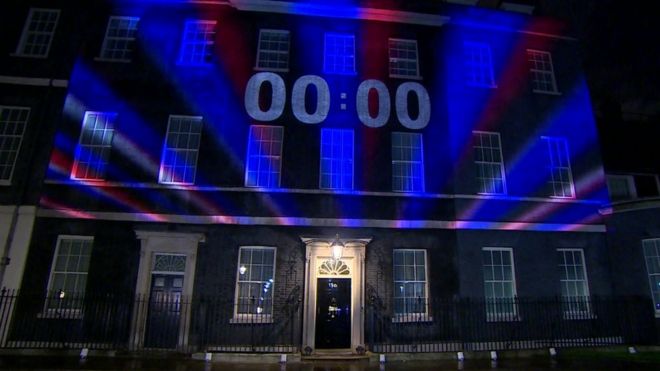
The UK has officially left the European Union after 47 years of membership - and more than three years after it voted to do so in a referendum.
The historic moment, which happened at 23:00 GMT, was marked by both celebrations and anti-Brexit protests.
Candlelit vigils were held in Scotland, which voted to stay in the EU, while Brexiteers partied in London's Parliament Square.
Boris Johnson has vowed to bring the country together and "take us forward".
- LIVE: UK gets ready to leave the EU
- Bells and bunting for Brexit, or shedding a tear?
- Seven things Brexit will change and seven it won't
In a message released on social media an hour before the UK's departure, the prime minister said: "For many people this is an astonishing moment of hope, a moment they thought would never come.
"And there are many of course who feel a sense of anxiety and loss.
"And then of course there is a third group - perhaps the biggest - who had started to worry that the whole political wrangle would never come to an end.
"I understand all those feelings and our job as the government - my job - is to bring this country together now and take us forward."
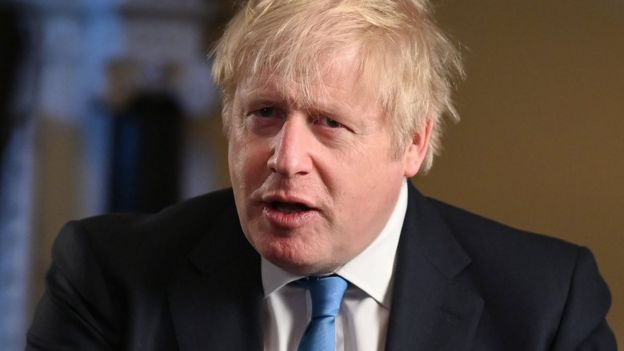
He said that "for all its strengths and for all its admirable qualities, the EU has evolved over 50 years in a direction that no longer suits this country".
"The most important thing to say tonight is that this is not an end but a beginning," he said, and "a moment of real national renewal and change".
How did the UK mark the moment?
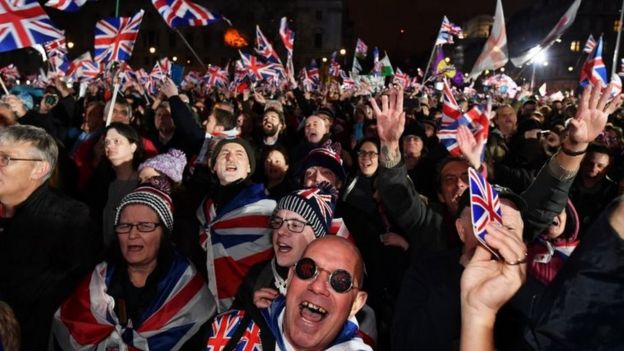 GETTY IMAGES
GETTY IMAGES
Brexit parties were held in pubs and social clubs across the UK as the country counted down to its official departure.
Hundreds gathered in Parliament Square to celebrate Brexit, singing patriotic songs and cheering speeches from leading Brexiteers, including Nigel Farage.
The Brexit Party leader said: "Let us celebrate tonight as we have never done before.
"This is the greatest moment in the modern history of our great nation."
Pro-EU demonstrators earlier staged a march in Whitehall to bid a "fond farewell" to the union - and anti-Brexit rallies and candlelit vigils were held in Scotland.
Other symbolic moments on a day mixed emotions included:
- The Union flag being removed from the European Union institutions in Brussels
- The Cabinet meeting in Sunderland, the first city to declare in favour of Brexit when the 2016 results were announced
- A light show illuminating 10 Downing Street and Union flags lining The Mall
- A 50p coin to mark the occasion entering circulation
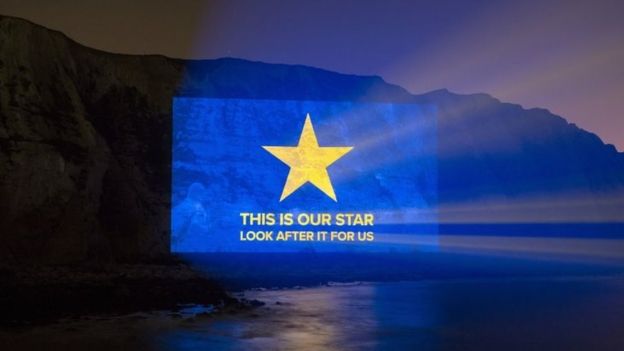 PA MEDIA
PA MEDIA
In Northern Ireland, the campaign group Border Communities Against Brexit staged a series of protests in Armagh, near to the border with the Republic of Ireland.
At 2300 GMT, Scotland's First Minister Nicola Sturgeon tweeted a picture of the EU flag, adding: "Scotland will return to the heart of Europe as an independent country - #LeaveALightOnForScotland"
Speaking in Cardiff, Welsh First Minister Mark Drakeford said Wales, which voted to leave the EU, remained a "European nation".
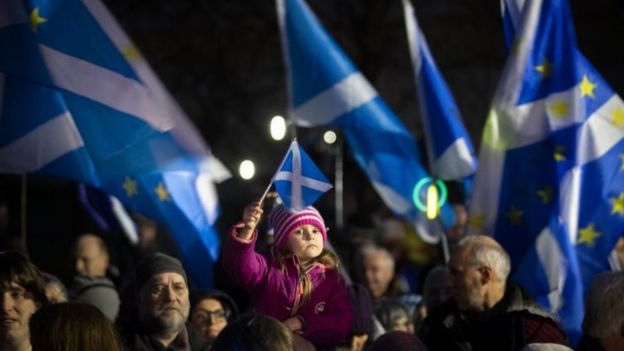 PA MEDIA
PA MEDIAWhat happens now?
UK citizens will notice few immediate changes now that the country is no longer in the European Union.
Most EU laws will continue to be in force - including the free movement of people - until 31 December, when the transition period comes to an end.
The UK is aiming to sign a permanent free trade agreement with the EU, along the lines of the one the EU has with Canada.
But European leaders have warned that the UK faces a tough battle to get a deal by that deadline.
What's the reaction in Europe?
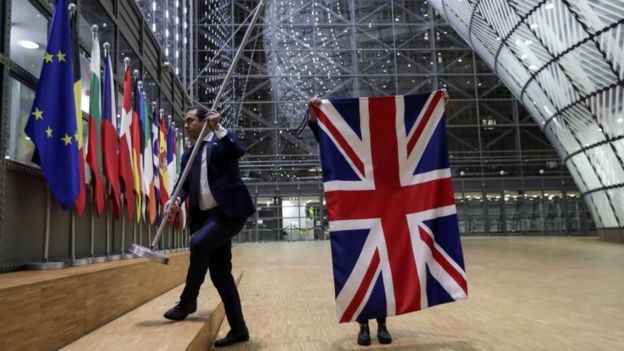 REUTERS
REUTERS
European Commission president Ursula von der Leyen has said Britain and Brussels will fight for their interests in trade talks.
She paid tribute to UK citizens who had "contributed to the European Union and made it stronger" and said the UK's final day in the EU was "emotional".
- Sir John Curtice: Do Britons now agree about Brexit?
- Brexitcast: The live final
- Lib Dems plea to unite in fight for soft Brexit
- 12 moments in the UK-EU relationship
French president Emmanuel Macron said: "At midnight, for the first time in 70 years, a country will leave the European Union.
"It is a historic alarm signal that must be heard in each of our countries."
European Council President Charles Michel warned: "The more the UK will diverge from the EU standards, the less access to the single market it will have."
What about the US?
US secretary of state Mike Pompeo said: "I am pleased the UK and EU have agreed on a £Brexit deal that honors the will of the British people.
"We will continue building upon our strong, productive, and prosperous relationship with the UK as they enter this next chapter."
Washington's ambassador to the UK, Woody Johnson, said Brexit had been "long supported" by President Donald Trump.
America's "special relationship" with the UK "will endure, flourish and grow even stronger in this exciting new era which Britain is now beginning," said Mr Johnson in a statement.
- How the UK celebrated joining Europe
- Mavericks to mainstream: The long campaign for Brexit
- How the UK celebrated joining Europe
- Tears and relief as the UK's MEPs bid goodbye
How did we get here?
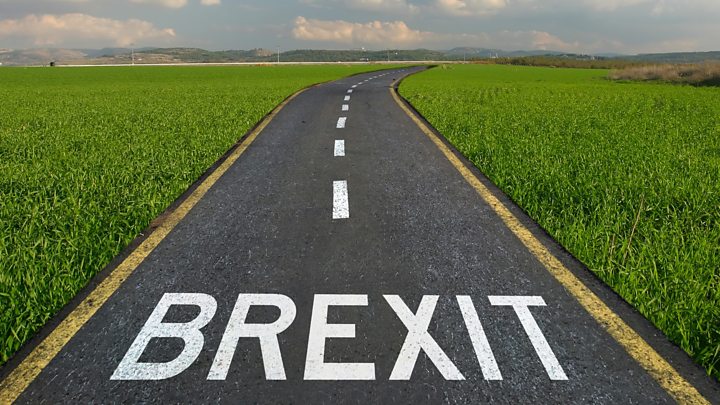
Britain joined what was then European Economic Community on 1 January, 1973, at the third attempt. Two years later the country voted by an overwhelming majority to remain in the bloc in the first nationwide referendum.
Conservative Prime Minister David Cameron held another referendum in June 2016, amid growing pressure from his own MPs and Nigel Farage's UK Independence Party.
Mr Cameron led the campaign to stay in the EU but lost by the narrow margin of 52% to 48% to the Leave campaign, fronted by fellow Conservative Boris Johnson.
Mr Cameron's successor as prime minister, Theresa May, repeatedly failed to get her version of an EU withdrawal agreement passed by Parliament and was replaced by Mr Johnson, who also failed to get his plans through.
Mr Johnson managed to secure an early general election in December last year, which he won with an 80 seat majority, on a promise to "get Brexit done".
The PM's EU withdrawal deal was approved by MPs just before Christmas, and the bill became law earlier this year.
Are you taking part in any farewell events? Share your pictures and video by emailing haveyoursay@bbc.co.uk.
Please include a contact number if you are willing to speak to a BBC journalist. You can also contact us in the following ways:
- WhatsApp: +44 7756 165803
- Tweet: @BBC_HaveYourSay
- Send pictures/video to yourpics@bbc.co.uk
- Upload your pictures / video here
- Please read our terms & conditions and privacy policy
Or use the form below

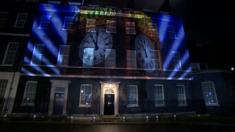
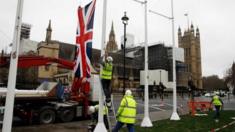

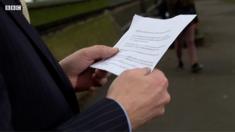


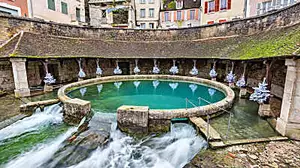
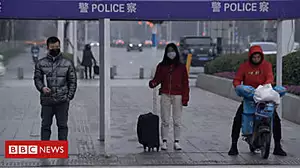
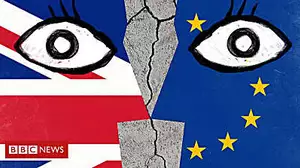
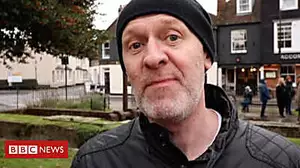
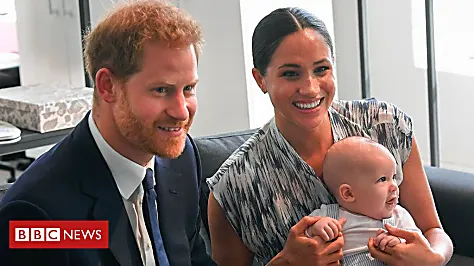
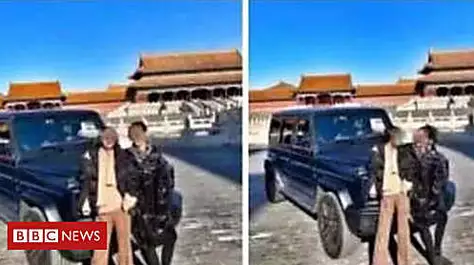
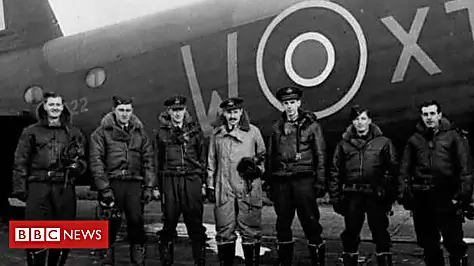
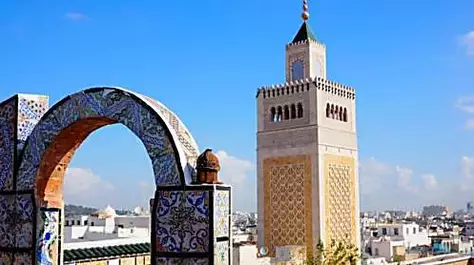
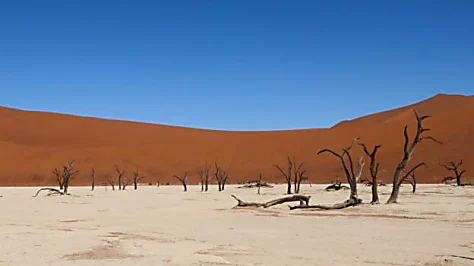
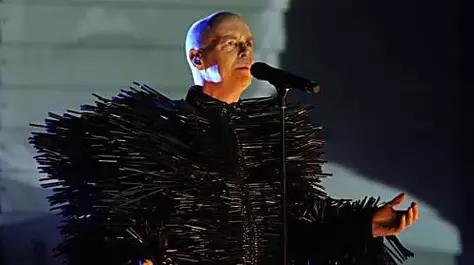

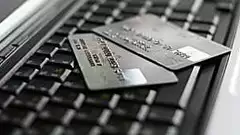

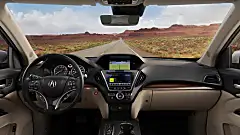

No comments:
Post a Comment